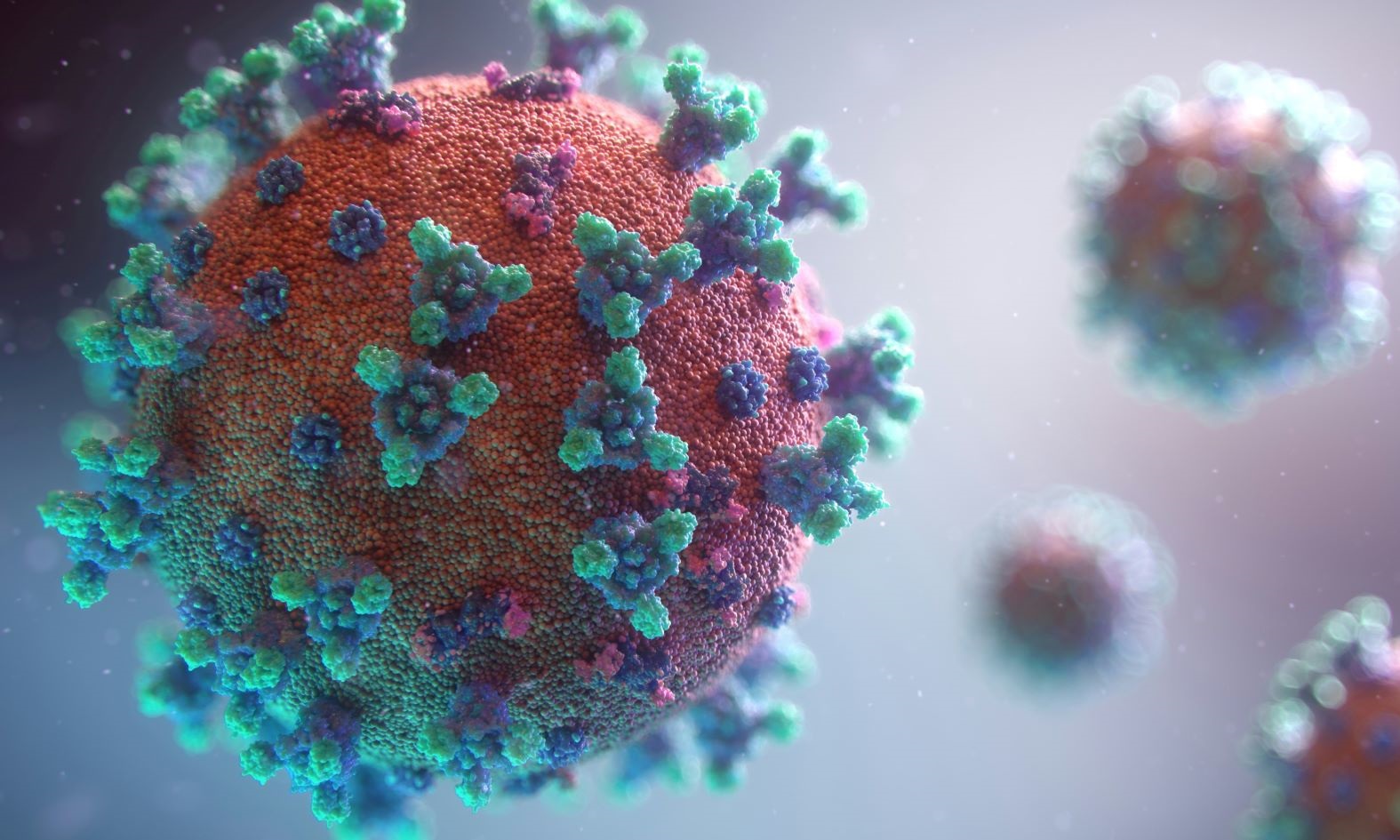As civilians across Ukraine spend endless hours in bomb shelters, the military escalation and shifting front lines are exacerbating the humanitarian situation in that country, the Security Council heard today.
Joyce Msuya, Acting Under-Secretary-General for Humanitarian Affairs and Acting Emergency Relief Coordinator, noted that since 24 February 2022, over 11,700 civilians have been killed in Ukraine while 10 million people across the country have been forced to flee their homes. While civilians in the front line areas of Donetsk and parts of Kharkiv are among those most heavily impacted, attacks elsewhere have caused significant civilian casualties and damage to essential infrastructure. Large-scale and systematic strikes against Ukraine’s energy infrastructure continue to drastically reduce electricity capacity, and outages limit access to water, sewage, heating, mobile networks, the Internet and public transportation. The start of the new school year has been marred by constant attacks and damage to schools, she pointed out.
Drawing attention to the disproportionate impact of the war on women and children, she noted the recent expansion of fighting to new areas on both sides of the border. So far in 2024, some 6.2 million people received humanitarian assistance in Ukraine, she said, noting that this includes emergency relief and relocation support to those evacuating and improving living conditions for internally displaced people in collective sites. She also expressed concern about the 1.5 million people who remain out of reach of humanitarian efforts in regions occupied by the Russian Federation. Noting that the Ukraine Humanitarian Needs and Response Plan is still less than half funded, she said: “this war has gone on far too long” and left more than 14.6 million people, or 40 per cent of the population, in need of humanitarian assistance.
However, the representative of the Russian Federation said that it is Ukraine that is targeting ordinary civilians. He expressed concern that the Security Council has yet to mention the numerous instances of the Kyiv “regime” firing onto peaceful cities in the Russian Federation. The Ukrainian Armed Forces are “openly placing firing positions in schools, kindergartens and hospitals”. That country’s troops are abducting civilians who have not had the opportunity to evacuate. There is documented information and data about sexual violence by the mercenaries and Ukrainian radicals targeting civilians, he said, also disagreeing with the decision to allow three Member States of the European Union to participate in today’s meeting under Rule 37.
He also said that Ukrainian anti-air systems are being placed in residential areas in violation of the principles of international humanitarian law. Drone operators have their targets perfectly visible to them, which makes attacks on civilians, including children, deliberate, he said. “To be frank, we are no longer at all surprised at the blatant double standards of the Western sponsors of the Kyiv regime,” he continued. Ukrainian military personnel are “not even trying to conceal their Nazi paraphernalia, symbolism, flags and emblems”, he added. Western policy towards the Kyiv “regime” clearly shows that the fight against Nazism and neo-Nazism “is not a part of its plans today, and yet it is a part of our plans, and we will not tolerate the presence of Nazis or neo-Nazis on our soil”, he emphasized.
Countering that, the representative of Ukraine said the only path to justice is the Ukrainian Peace Formula, respect for the norms of international law and the restoration of his country’s sovereignty and territorial integrity. Expressing concern about the Russian Federation’s use of missiles from the Democratic People’s Republic of Korea and the possible transfer of ballistic missiles from Iran, he said the killing of civilians, the strikes on critical infrastructure and summary executions of prisoners of war are key elements of the Russian Federation’s war strategy. It aims to intimidate not only his country, but also its partners, he said, adding: “This is the logic of a gangster, which is essentially what [Russian Federation President Vladimir V.] Putin is – one should beat a victim with such cruelty that passers-by do not even try to defend them, but rather cross to the other side of the street from fear that the same may happen to them.”
Emphasizing the severe impact on civilians and the heightened risk of regional instability, China’s delegate called on parties to the conflict “to show political will” and “launch peace talks without delay”. The international community should “uphold an objective and just position” and facilitate the resumption of direct dialogue and negotiation between the two parties, he added. “The more complicated the situation is, the more we must not give up,” he stressed, highlighting the six-point consensus for peace jointly issued by his country and Brazil.
But the representative of the United States stressed that Member States must not push a peace process that rewards the Russian Federation and lacks support from Ukraine. Noting that the United States has provided $2.6 billion in humanitarian assistance, he pointed to efforts to bolster Ukraine’s energy security so that “[its] people can stay warm this winter”. He also condemned Iran for transferring ballistic missiles to the Russian Federation, adding that his country will announce sanctions against Tehran today.
Several speakers pledged support to Ukraine as they called for accountability for the Russian Federation’s actions. “We have not forgotten the massacres at the Kramatorsk station, the Vinnytsia apartment building, the Kharkiv printing house and the Okhmatdyt children’s hospital in Kyiv,” France’s delegate said. The representative of the United Kingdom, noting that there were over 225 incidents that directly impacted humanitarian operations in 2023, said the systematic denial of humanitarian access also makes it difficult to verify the full scale of abuses being committed against Ukrainian civilians.
Civilians must be protected, Malta’s delegate underscored, while the representative of Switzerland pointed out that under international humanitarian law, it is crucial to respect the principle of distinction between civilians and combatants, and between civilian and military objects. Slovenia’s delegate stressed that energy infrastructure is not a legitimate military target. “The only goal here is to oppress the civilian population and make their lives harder during the approaching winter months,” he said.
The European Union will remain vigilant, and if necessary, will respond swiftly and in coordination with international partners, the Permanent Observer for the Union, in its capacity as observer, said. “In our previous meeting, the Russian representative openly advertised, I underline the word, he advertised his country’s intentions to capture, or, in his words, liberate, Ukrainian villages and to alter their names and status as part of Russia’s attempted annexation of Ukrainian territories,” he said. The Council’s credibility requires that such blatant violations of the Charter of the United Nations and “their celebrations in this room, face an immediate answer in this Chamber”. Along those lines, Lithuania’s representative said the Russian Federation’s highest authorities must be held accountable for the aggression against the Ukrainian people through the establishment of a special tribunal that is based on international law and enjoys the broadest cross regional support.
“We’ve heard Russian stories about killer mosquitos, secret nuclear programmes and biolabs in Ukraine. In reality, all these Russian claims were made to sow confusion and hide the simple truth that Ukrainian people had chosen something that the Kremlin feared more than anything else: democracy, liberty and justice,” Sweden’s delegate said. The uncomfortable truth is that there is no Russophobia conspiracy; instead there is an overwhelming global majority of United Nations Member States that seek to uphold international law and the Charter of the United Nations; a majority that seeks to project the inviolability of sovereignty and territorial integrity, she said.
For its part, the speaker for the Republic of Korea described the Russian Federations’ arms transactions with Pyongyang as “not only illegal”, but also “deadly”. He urged Moscow to cease its military cooperation with the Democratic People’s Republic of Korea and “fulfil its duty as a Permanent Member of the Security Council by ending this war”. Echoing that sentiment, Japan’s delegate condemned the Russian Federation for “blatantly violating Security Council resolutions” by procuring ballistic missiles from the Democratic People’s Republic of Korea, warning that such acts “could signal the collapse of the international order”.
Among the many delegates voicing concern about the war’s impact on civilians in both Ukraine and the Russian Federation was the representative of Guyana, who stressed that it is “not enough” to merely acknowledge the horrors of the conflict. “This Council must do more to stop the carnage and avoid normalizing the suffering of innocent civilians,” she emphasized, asserting that “civilians are not collateral damage”. In that vein, the representative of Sierra Leone called on the international community to financially support the UN’s Winter Response Plan to “address the pressing needs of the people, enhance living conditions and ensure access to essential services”.
Other speakers, including the representatives of Algeria and Mozambique, called for dialogue and diplomacy as the primary tools for a peaceful resolution of the conflict. “We urge this Council to work in favour of de-escalation and towards a cessation of hostilities,” said the speaker for Ecuador.








